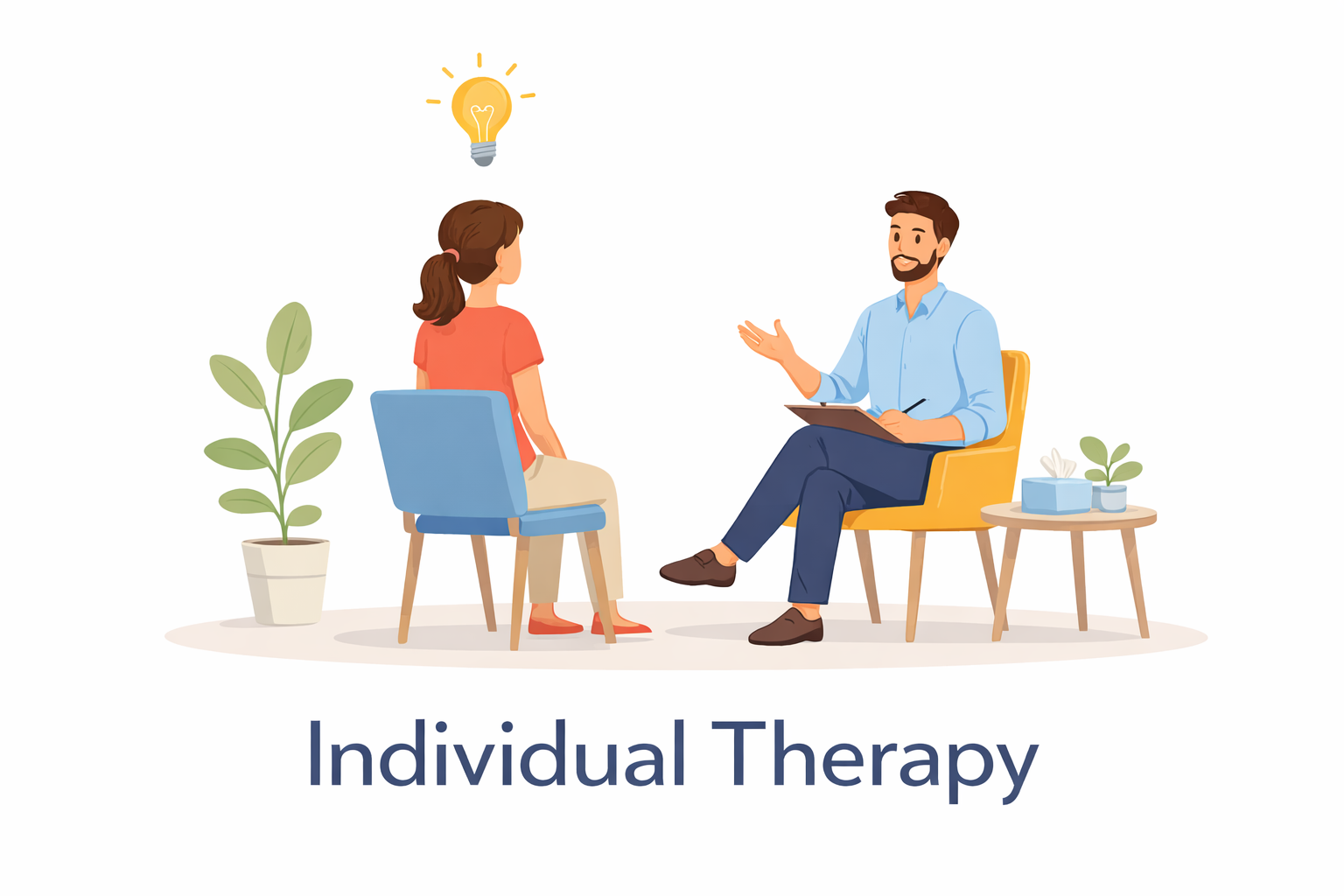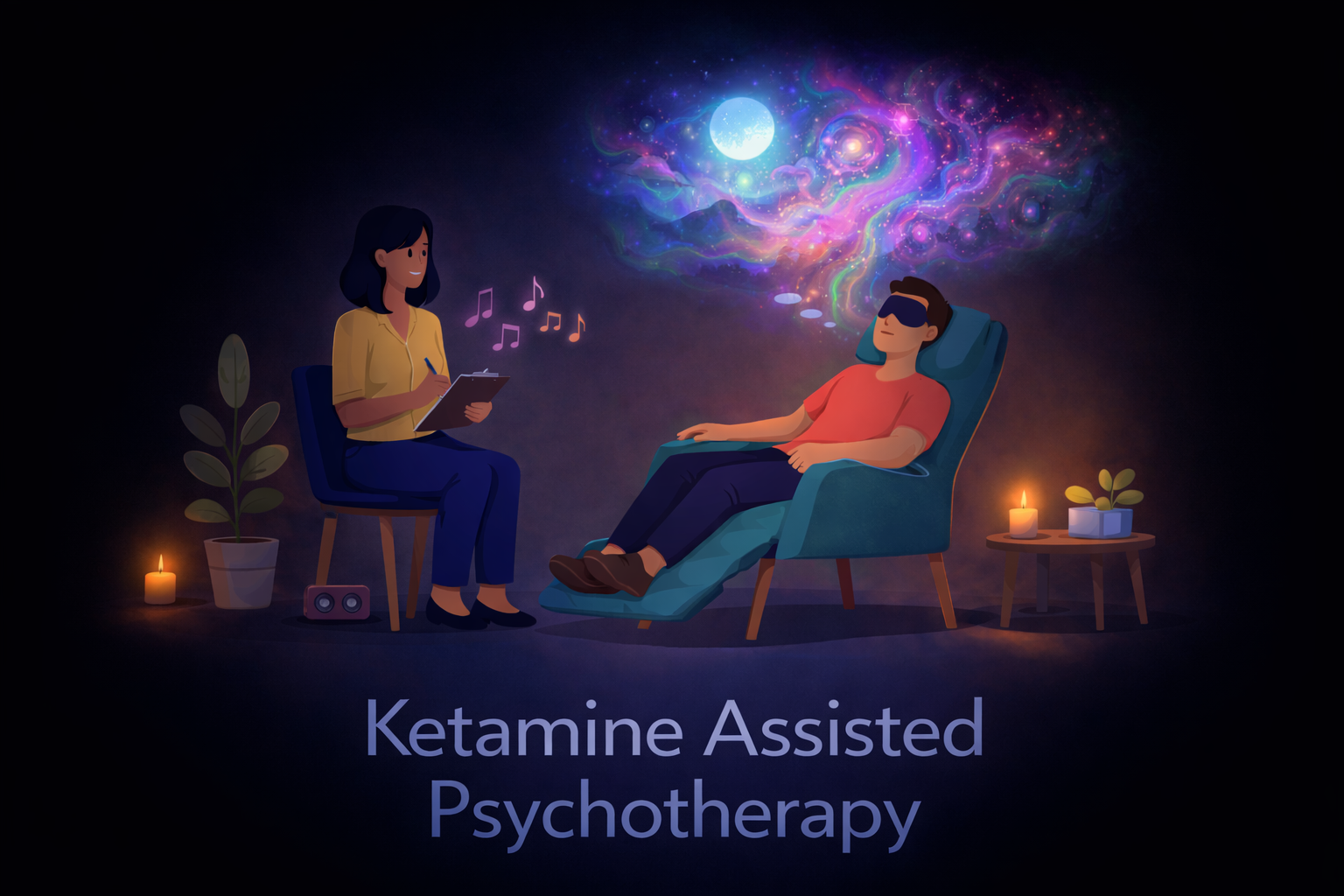Services:
At Goldfox, our primary specialty is supporting individuals integrating their psychedelic and transpersonal experiences, helping them make meaningful sense of these profound journeys and apply their insights to their material life. Below you will find core options that may help you from a therapeutic lens - to do just that!
Individual Therapy
At Goldfox, individual therapy is a collaborative, one-on-one process that provides a safe, confidential space to explore profound psychedelic or transpersonal experiences, our approach supports deep emotional healing, self-understanding, and personal growth.
We specialize in helping you integrate expanded states of consciousness into your daily life—making meaning of powerful insights, confronting unresolved patterns, and grounding spiritual awakenings in a way that supports long-term well-being.
Common Reasons People Seek Individual Therapy:
Anxiety, panic, or chronic worry
Depression or loss of motivation
Trauma, including PTSD and complex trauma
Grief, loss, or existential distress
Life transitions or questions of identity and purpose
Low self-worth, shame, or confidence issues
Relationship or family dynamics
Addiction, compulsive behaviors, or burnout
Difficulty integrating psychedelic or mystical experiences
Ketamine Assisted Psychotherapy (KAP)
Goldfox Counseling offers private-pay Ketamine Assisted Psychotherapy (KAP) to support clients seeking safe, breakthrough-oriented care for depression, anxiety, trauma-related symptoms, and other areas of emotional distress. Ketamine is administered in carefully monitored, low-dose sessions using either lozenges (troches) or intranasal dosing, based on clinical appropriateness and the client’s unique needs. Each KAP appointment lasts a minimum of two hours and is intentionally customized to support the client’s goals, comfort level, and therapeutic process.
Following dosing, clients are able to remain onsite to rest and re-orient at their own pace. We encourage clients to take time to eat, hydrate, journal, and reflect soon after the session, helping them capture insights and meaning from what emerged during their experience. KAP at Goldfox is designed to be both structured and supportive—combining medical safety with thoughtful psychotherapy and integration to help clients translate their experience into lasting change.
Therapeutic Allied Gaming (TAG)©
Therapeutic Allied Gaming (TAG) is a therapeutic approach that uses video games, tabletop games, or game-like activities as tools to support mental health treatment and personal growth. It's not about just playing games — it's about using game mechanics, storytelling, and interaction in a structured, intentional way to help people express themselves, develop communication skills, and process emotions.
Key Features of Game-Assisted Therapy:
Therapeutic Goals: Games are chosen or designed to help with specific goals — like reducing anxiety, improving social skills, or working through trauma.
Active Participation: Clients engage actively with the game, often making decisions, facing challenges, and exploring scenarios that mirror real-life struggles.
Facilitated by a Therapist: A trained therapist guides the experience, offering reflection, support, and helping link in-game choices to real-life behavior or emotions.
Safe Environment: Games create a safe space for practicing skills (like communication or coping) without real-world consequences.




